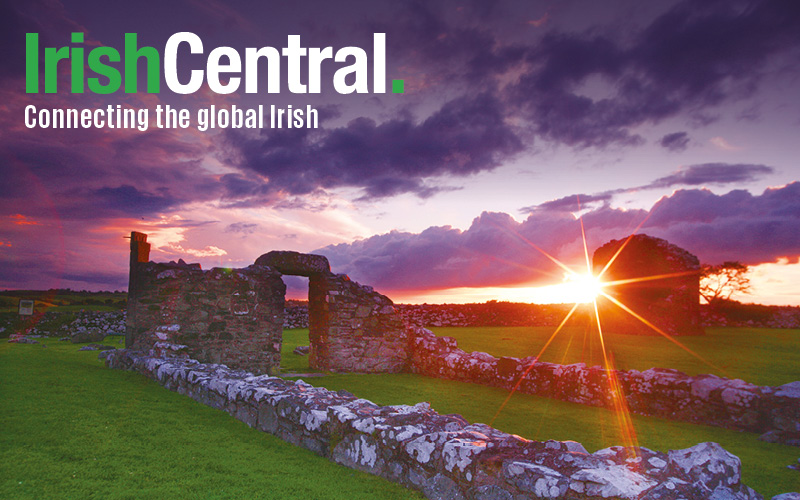Thousands of Irishmen who fought and died in World War I were remembered at a poignant service in Dublin's Pro Cathedral yesterday (Sun).
The special Mass, celebrated by Archbishop Diarmuid Martin, was held to mark the centenary of the outbreak of the Great War.
Historians believe at least 200,000 Irish soldiers served on Europe's battlefields between 1914 and 1918.
And in his homily yesterday, Archbishop of Dublin Diarmuid Martin told the packed congregation that they we owe it to the memory of those who fought and died in the bloody conflict "to keep peace alive in a troubled world."
He said: "We remember the idealism and the valor and the courage of those who served in that war. We remember, in a particular way, the thousands of young Irish men who fought and we remember especially those who fell in the pursuit of an ideal."
Members of the Royal British Legion Ireland, along with representatives of the Organization of National Ex-servicemen and leading members of the Defense Forces and An Garda Siochana were among those in attendance at the poignant service – the first such service in the Pro Cathedral since 1972.
At the beginning of the Mass, the standards of a number of regiments that fought in the war, including the Royal Dublin Fusiliers and the Royal Air Force, were paraded at the top of the church.
In his sermon Archbishop Martin recalled how the war had impacted on his own family, as he spoke about his uncle who joined the British army and lost an eye during the conflict.
"The horror he witnessed was obviously something which deeply affected him as a person for the rest of his life," he said.
Archbishop Martin also referred to the spiraling violence in the Middle East and Ukraine to describe how the horrors of war were again dominating the news today.
He said the past month would be remembered as one of the most striking periods of blood in recent years and urged everyone to do all in their power to work for peace.
Minister for Foreign Affairs Charlie Flanagan, who attended the service, said it was "most regrettable" that the Irish war dead had been "airbrushed out of history."
And speaking after the Mass, David O'Morchoe, the Royal British Legion president in the Republic of Ireland, said the service was significant because it was the first time since the Troubles escalated in 1972 that it had been held in the leading Catholic Church in Dublin.
O'Morchoe, whose father served along with two of his uncles, said: "People who have had relatives in the war are now owning up to it where previously they had hidden it. The atmosphere in the country forced them to hide it.
"For whatever reason the men who fought did an honorable thing in their own minds."
Meanwhile, Prof. Keith Jeffrey, a leading authority on the Great War, has estimated that at least 200,000 Irish men served in the conflict.
Prof. Jeffrey, author of "Ireland and the Great War," said 28,000 Irish-born regular soldiers and 30,000 reservists were in the British army at the start of the war and were called up immediately. A further 148,000 signed up during the conflict, making a total of 206,000.
But The Irish Times notes that the figure is likely to be far higher, as it does not take into account the men who joined the British navy or air force or those who served in the forces of Canada, Australia, New Zealand, South Africa or America.
Nor does it include Irish emigrants in Britain who enlisted there, but who were not categorized as Irish.
Australia lists 4,731 of its World War 1 soldiers as having been born in Ireland, while more than 19,000 Irish-born men served in the Canadian Corps.
Meanwhile, Irish President Michael D. Higgins is in Belgium today (Mon) to take part in an international commemoration ceremony in Liège, marking the start of the First World War.
The ceremony will be attended by 50 heads of state.
President Higgins and his wife, Sabina, will also attend a service hosted by the United Kingdom at Mons – an area which holds the graves of some of the first army casualties of the war, including a number of Irishmen.




Comments